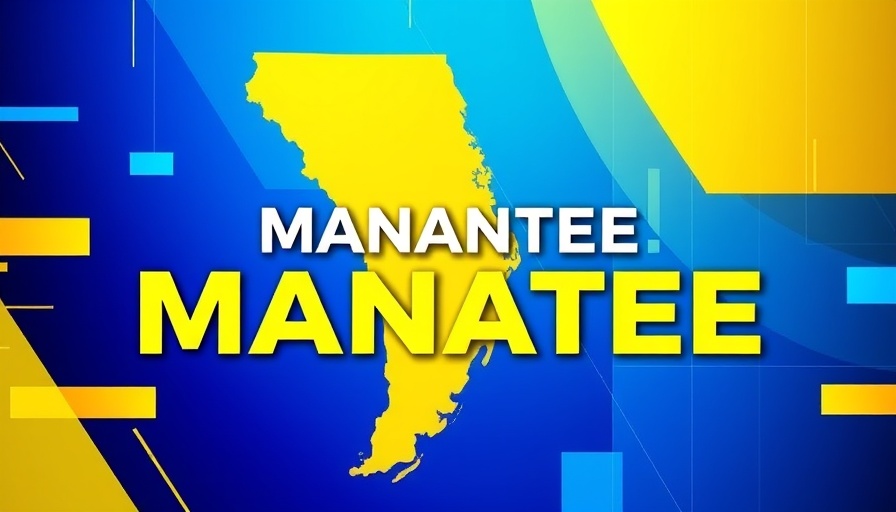
The Growing Controversy Surrounding Kratom in Manatee County
In a move that could significantly impact local bar owners and consumers alike, Manatee County is contemplating a ban on kratom, a herbal supplement often touted as a safer alternative to alcohol. The discussion has ignited passionate responses from both county officials and local kava bar owners, highlighting the deep divide over the safety and implications of this natural substance.
In 'Manatee County looking to ban Kratom', the discussion sheds light on the complexities surrounding kratom's safety and legality, prompting a thoughtful analysis of its implications for local businesses and communities.
What Is Kratom and Why the Concern?
Kratom is derived from the leaves of the Mitragyna speciosa tree, native to Southeast Asia. While it has been praised for offering relief from pain and anxiety without the intoxicating effects of alcohol, it has also raised health concerns among some municipal leaders. Frighteningly, Florida recently banned a potent derivative of kratom known as 7-OH, previously believed to be more powerful than morphine. This ban has led to further scrutiny of kratom as officials question its safety.
Local Bar Owners Defend Their Practices
Owners of local establishments like Adobe Kava assert that not all kratom is created equal, emphasizing the difference between standard kratom tea and its more potent derivatives. Andy Schroeder, owner of Adobe Kava, insists, "When they drink a tea, they are not getting impaired." This sentiment is echoed by Ryan Bodie, co-owner of Kava Club, who argues that their product is milder and has been safely consumed for over a decade without any reported issues. They emphasize their commitment to ensuring customers remain safe and sound after enjoying their beverages, which often mimic the social settings found in bars but without the intoxication factor.
The Economic Impact of a Ban
Should the local government move forward with the ban, the repercussions may extend beyond mere beverage options. The financial health of local kava bars is at stake, with business models predicated on serving kratom. Sara Lewis, manager of Kava Club, expressed concern that losing this product could jeopardize their livelihoods. For many patrons, these establishments offer an important social space that aligns more closely with a relaxed, sober atmosphere than that of a traditional bar.
The Broader Conversation about Natural Supplements
This ongoing debate surrounding kratom in Manatee County is part of a larger conversation across the U.S. about the regulation of herbal supplements and the balance between public safety and personal choice. As consumers increasingly seek alternatives to traditional medications for anxiety, depression, and pain management, government bodies must navigate the complexities of regulation while considering the voices and experiences of their constituents.
What’s Next for Kratom in Manatee County?
Currently, Manatee County is in the process of drafting legislation regarding kratom's status. While local officials prioritize health and safety, they also face pressure from constituents supporting the kava bar community. The next steps hinge on ultimate decisions made about the proposed ban, which could have lasting effects on consumers, bar owners, and community dynamics.
For those invested in the wellness drink trend, or simply keen to understand further, staying informed about local developments is essential. Look out for updates as debates around the implications of kratom unfold across Florida and beyond.
 Add Row
Add Row  Add
Add 


Write A Comment